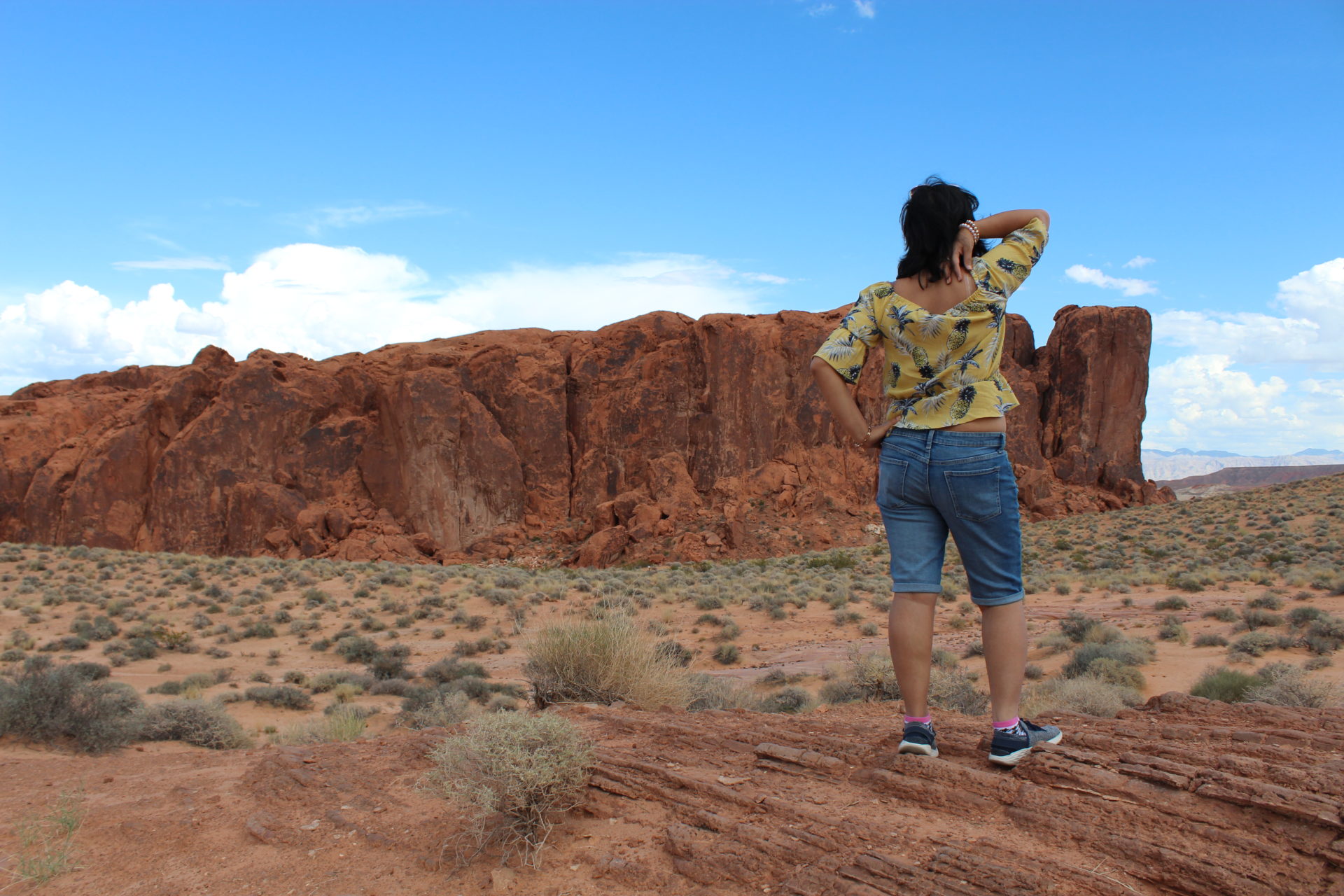As soon as we type “The Powerful Nation” on any web-search engines, we’ll get the list of most powerful nations in terms of their armed forces, nukes, influence over other nations, money, alliances etc.
What about the literal “Power” – ELECTRICITY.
There are still so many nations, where having a power outlet in their homes would be a dream come true; Nations where 80% of population is still without electricity.
An excerpt from Internations Energy Agency ‘s website:
An estimated 1.1 billion people – 14% of the global population – did not have access to electricity according to Energy Access Outlook 2017. Many more suffer from supply that is of poor quality. Around 84% of those without electricity access reside in rural areas and more than 95% of those living without electricity are in countries in sub-Saharan Africa and developing Asia.
Yet, there are many nations, where electricity is never unavailable (which is a good thing), barring the natural disaster or any damage to wires. In later case, the outage is for few minutes to a couple of hours.
I was born in a developing nation, where we did not have access to electricity 24*7, which definitely have become better in past few years but have still not reached the mark of always available. May be this was the reason, that I appreciated no power outages when I moved to one of the most developed nations in the world. But something I do not appreciate: People being unaware of how important it is to save it. Living here made me realize that access to something makes us ignorant about that resource. It’s not the people do not value it, they definitely do. In fact, life here is very much dependent on electricity, so much so that most households will not even be able to eat food with power outages (electric stoves).
So, why do I say, they don’t save it enough? That’s because,
1. Only 1 in 3 people know about government’s energy-star labelled products and only 25% of those actually use those products.
2. Many stores (both big and small) don’t follow the basic rule of “switching of the lights when not in use” even while closing the store.
3. As most parts of the country have extreme weather conditions in all seasons, people keep on changing thermostat settings to keep them comfortable, even after the government’s guidelines to keep it 68 degrees (F) in winters and 78 degrees (F) in summers.
4. In most parts of the nation, excluding metro cities, private vehicles are preferred over public transport, hence minimal public transport available even for those who would like to use them.
As more people are getting aware of reducing renewable resources, more are trying to save it. Many people here have not seen the drastic situation of not having electricity and that makes them less aware of situation in many parts of the world. So the issue is lack of awareness. More knowledgeable people will be, better place this world is going to be.
Keep saving, keep wandering (use public transport :))
